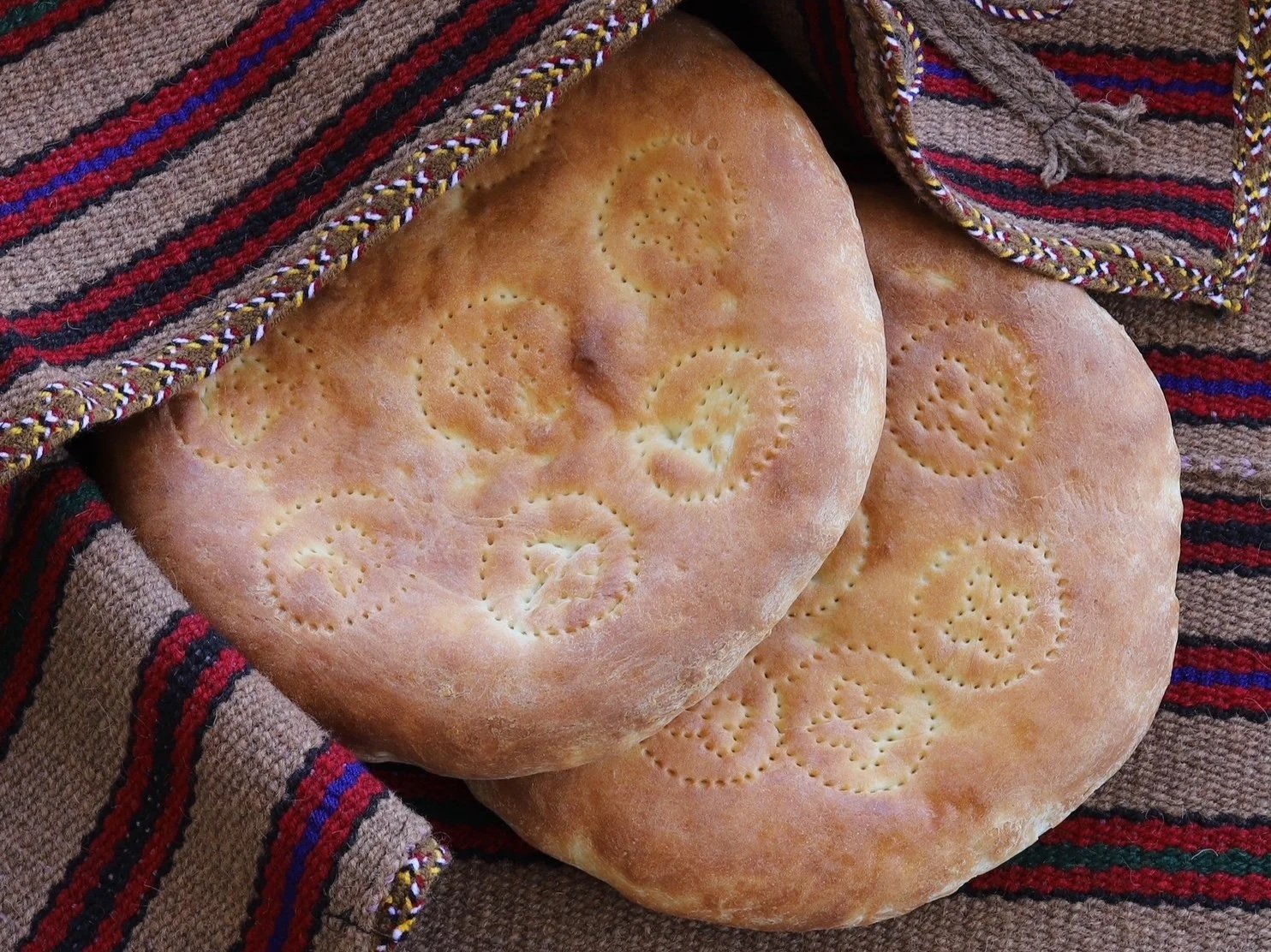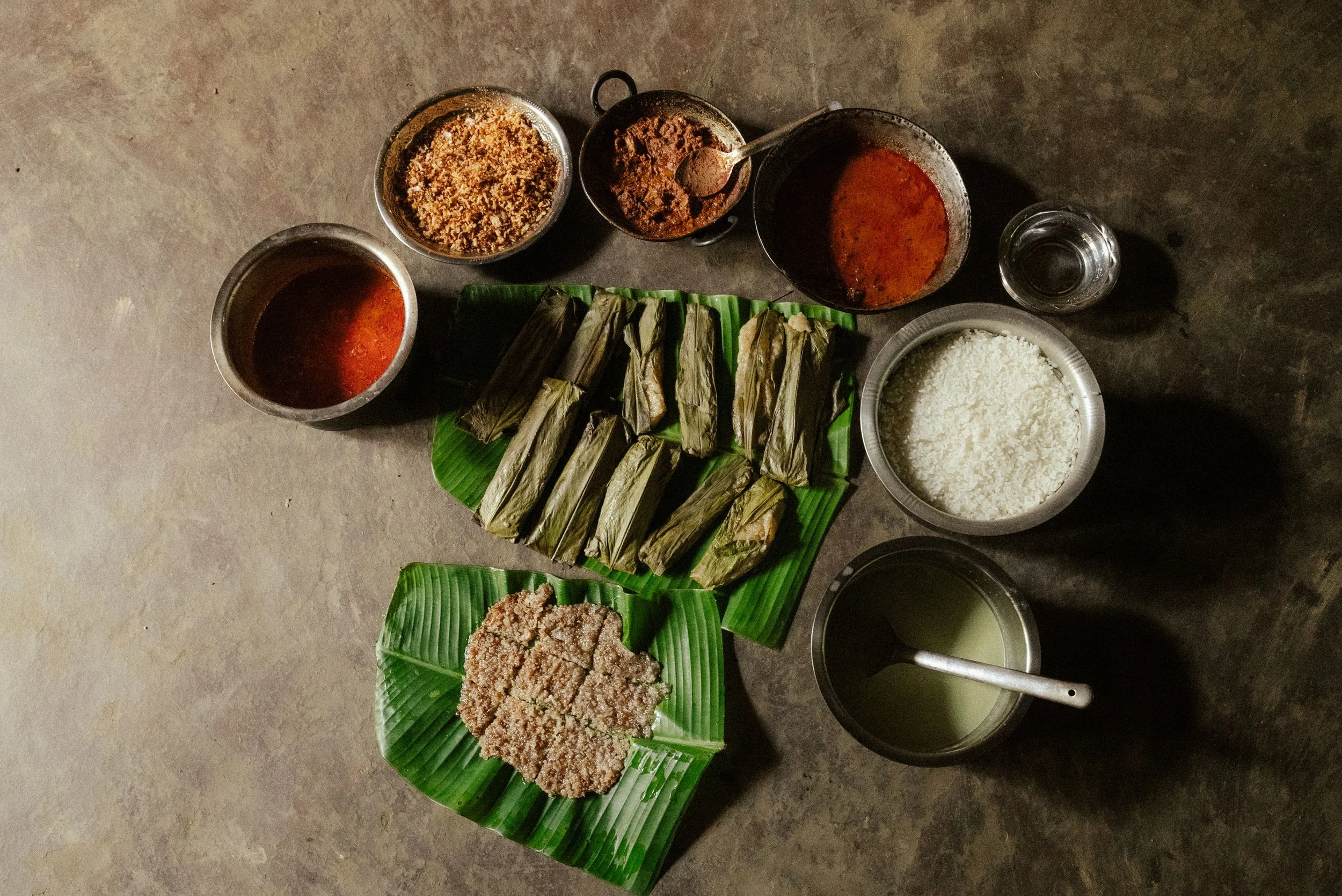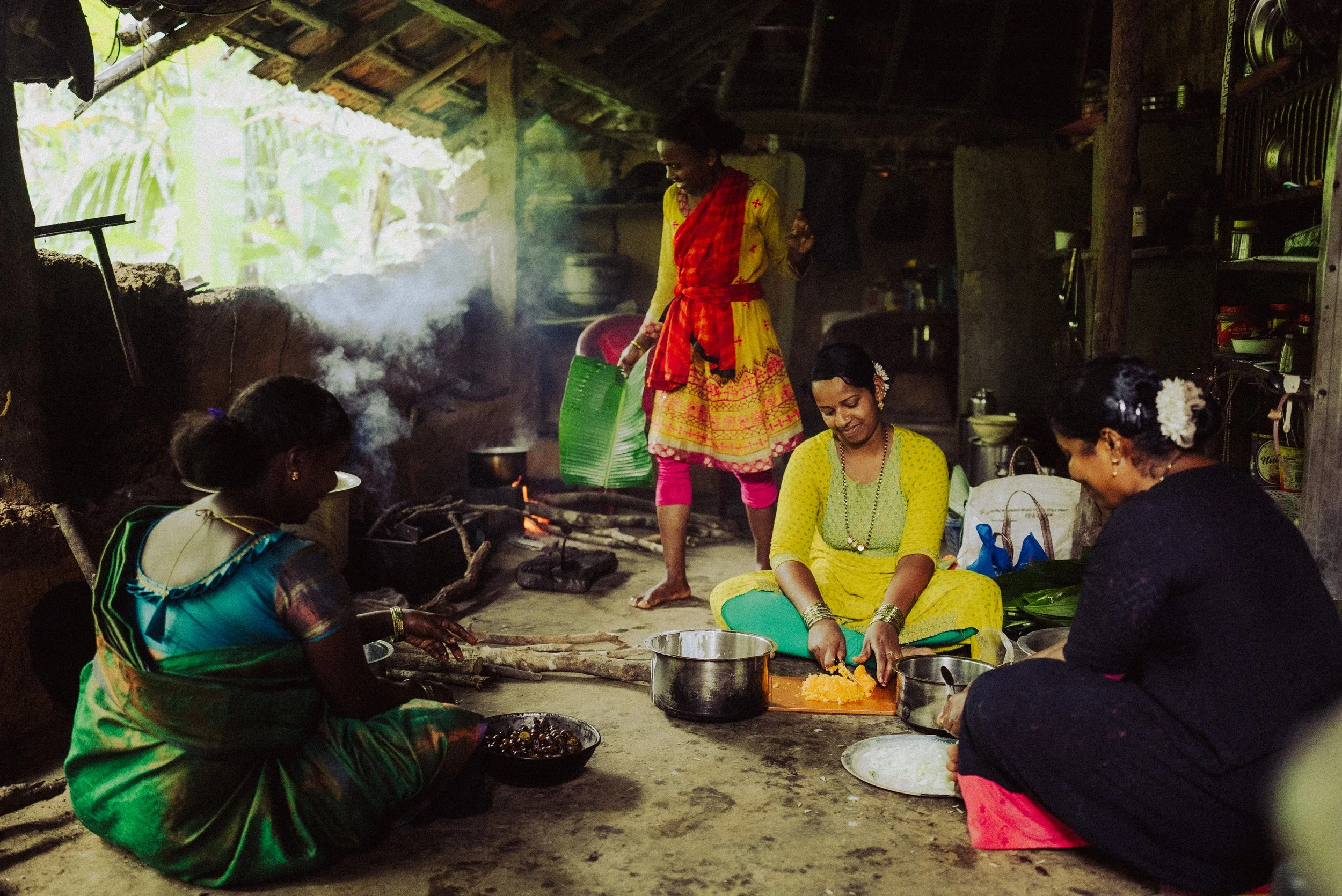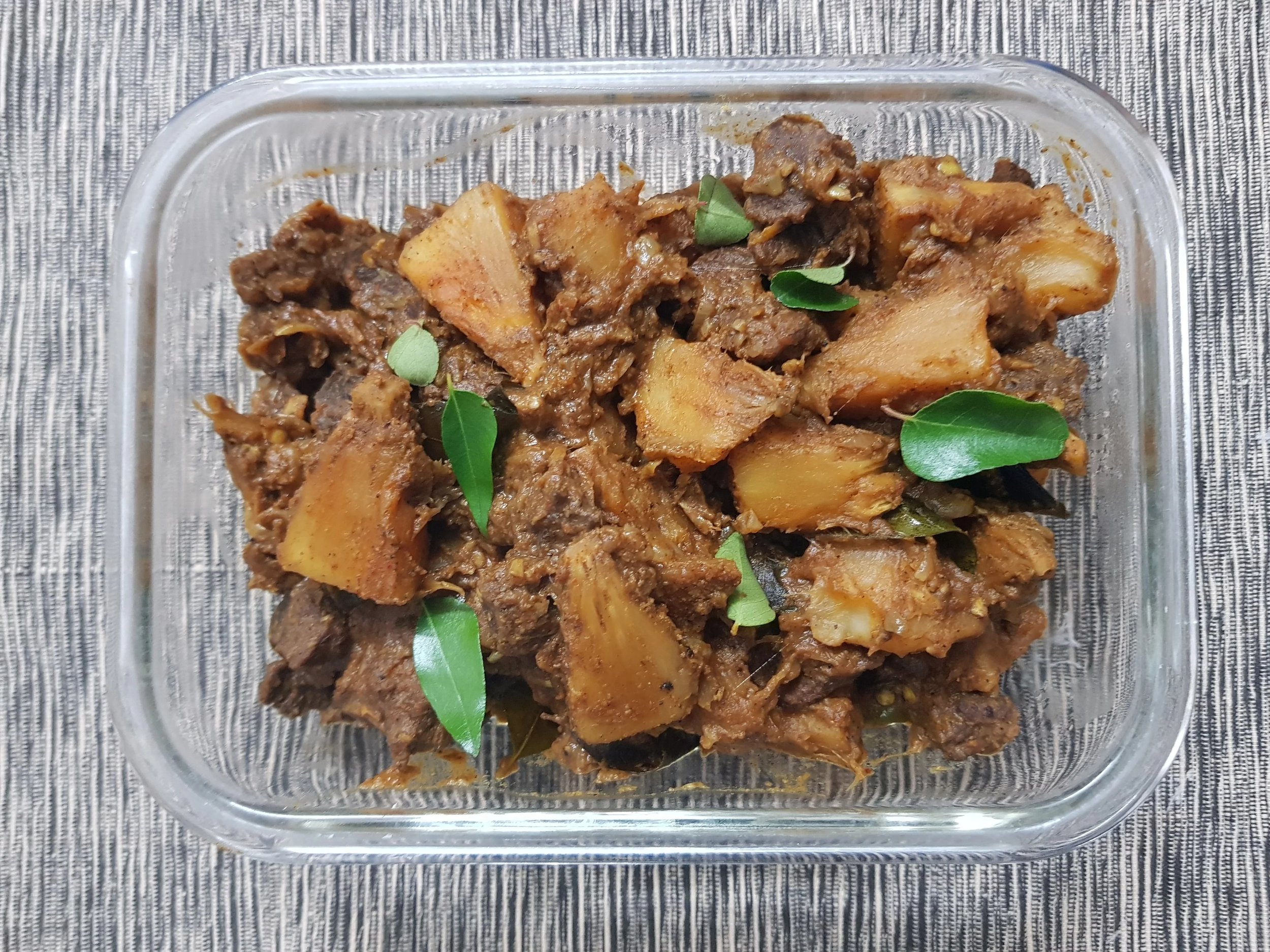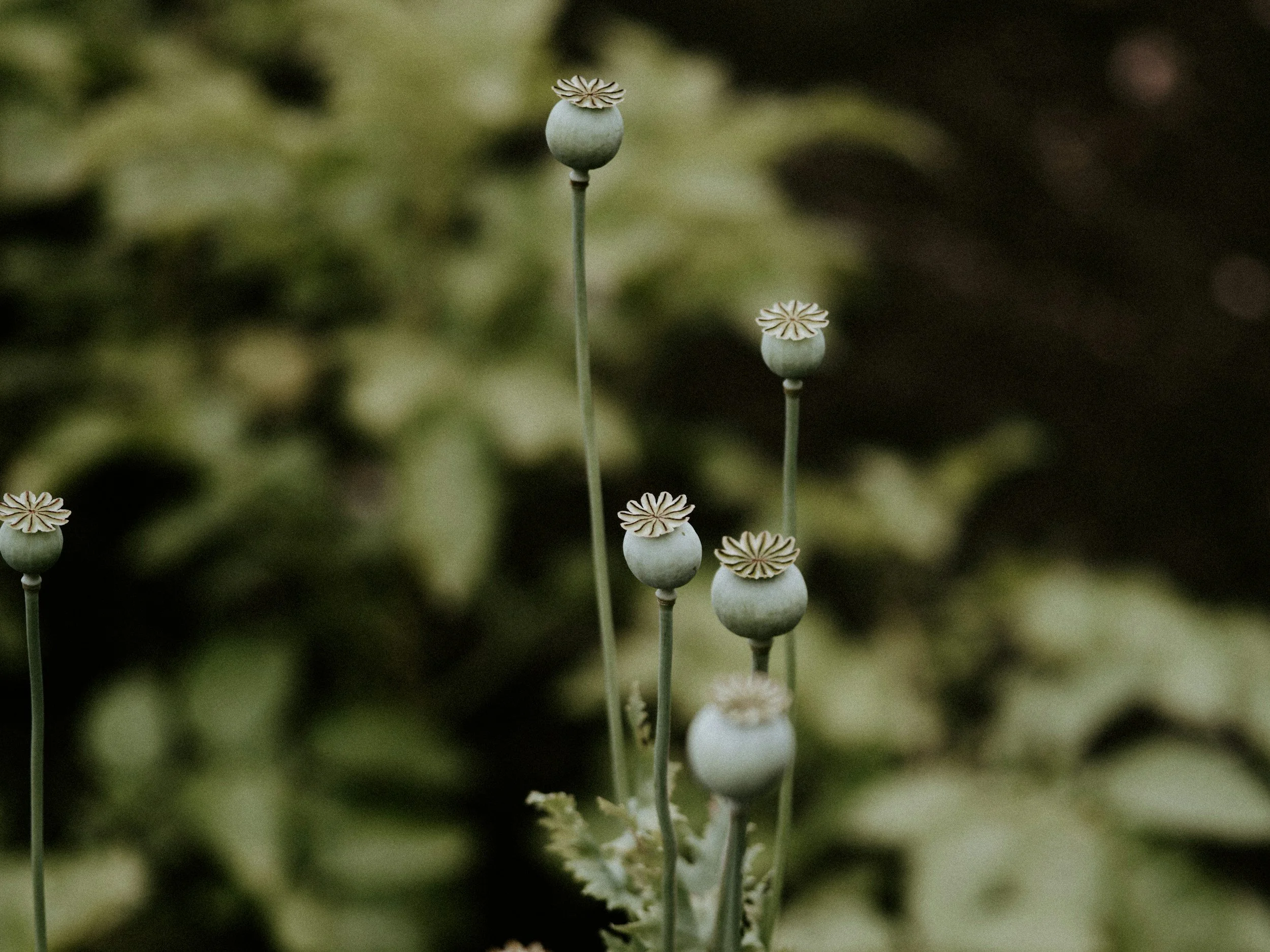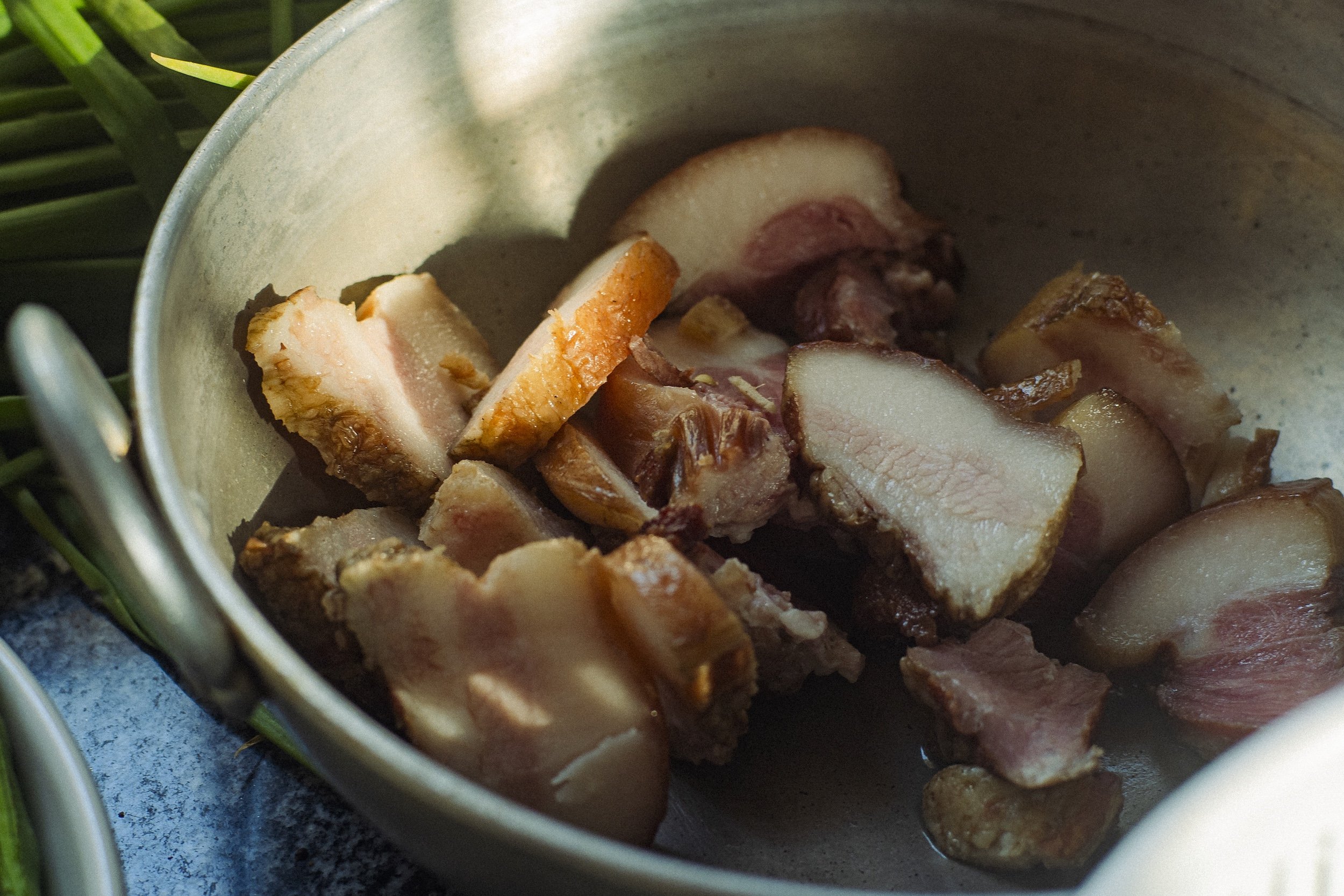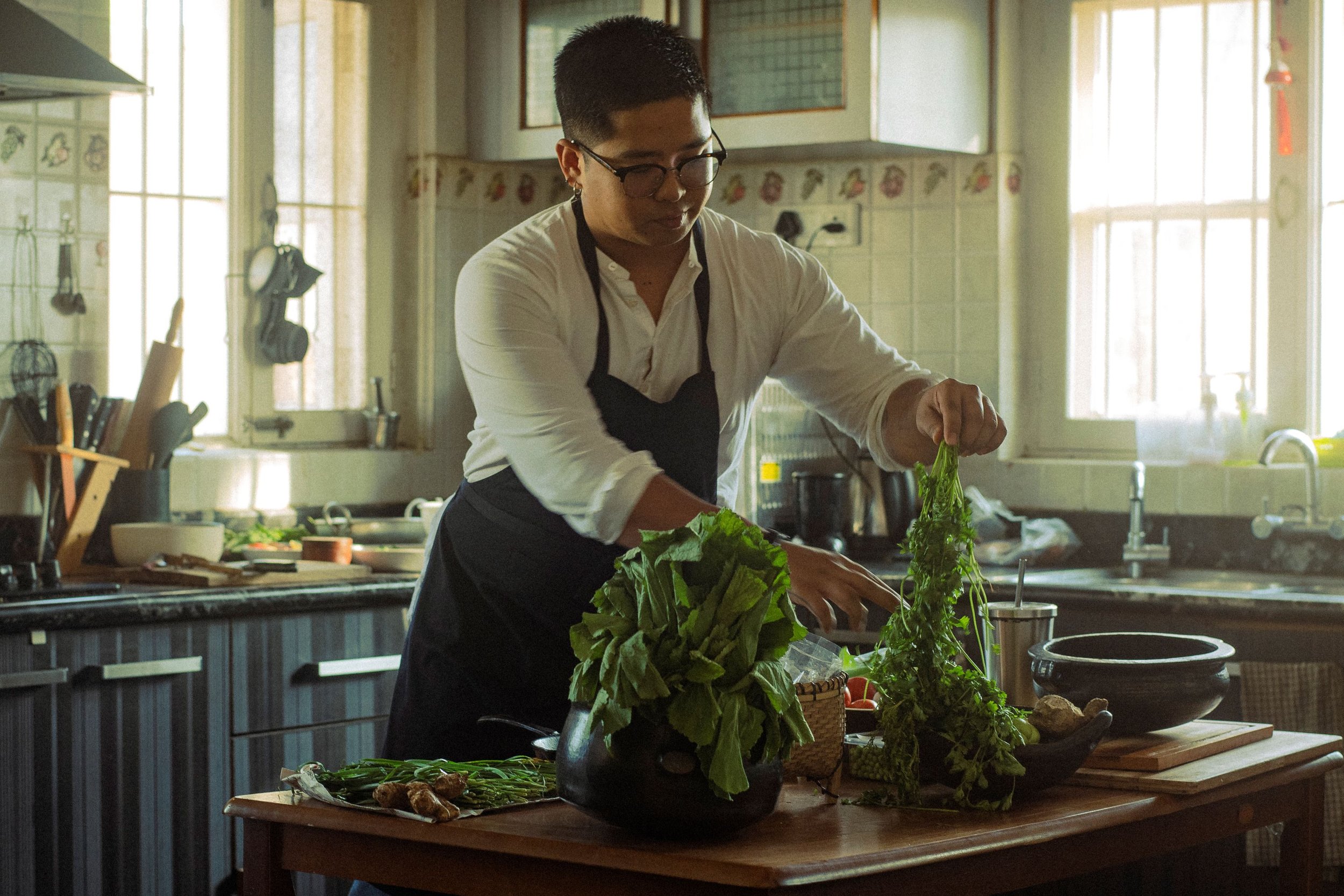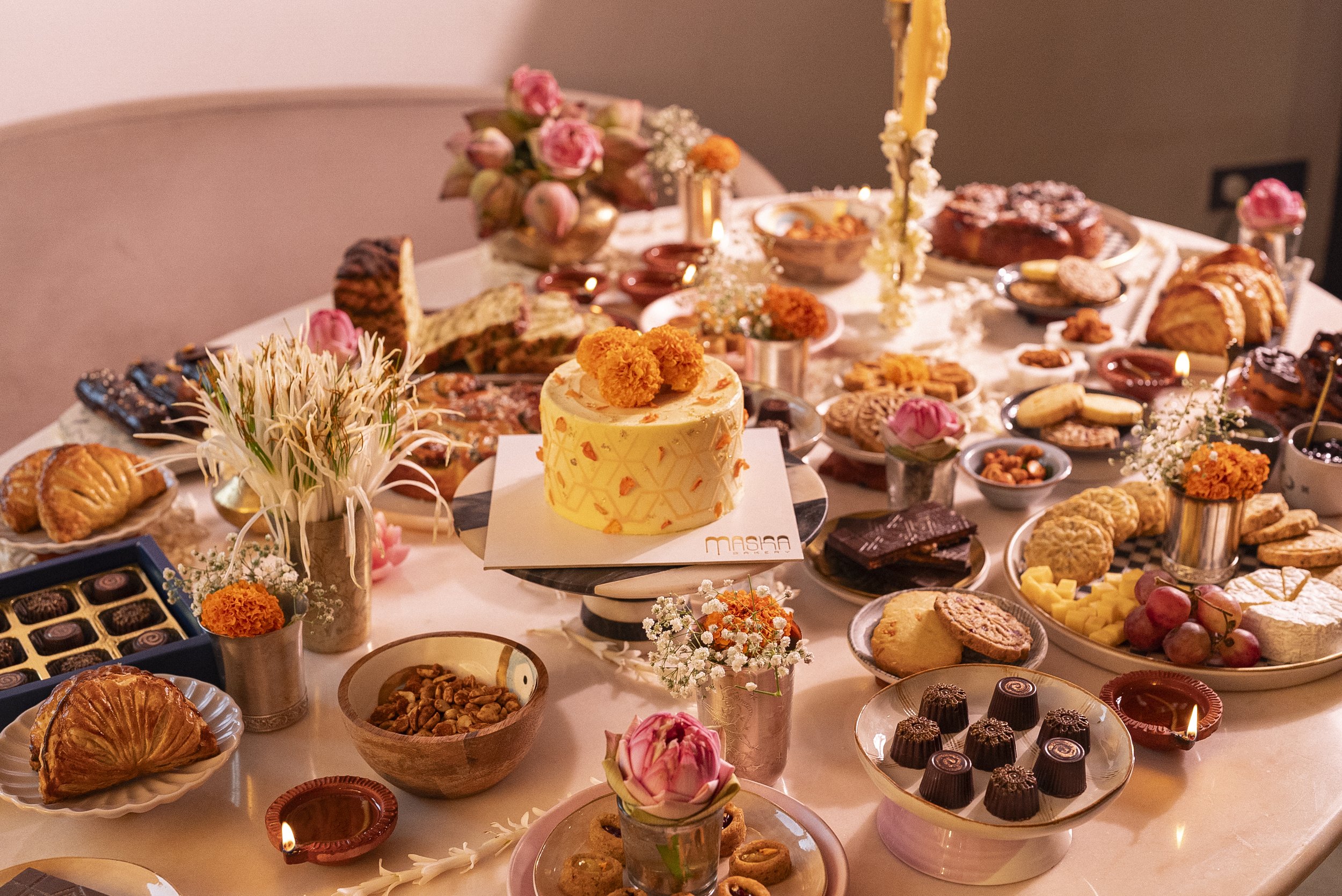Malai par Eeda at Katy's Kitchen

Malai par Eeda, a Parsi dish, is a more indulgent, generous take on the English coddled eggs. In this instalment of 1000 Kitchens, we visit Kurush Dalal to learn more about his two passions, culinary archeology and Parsi cuisine.
Kurush Dalal is a man who can hold an audience. When we first meet him, he is regaling a roomful of people with his travails as one of Mumbai's foremost Parsi caterers. The next time we met him is early on a Sunday morning. He is standing at the head of a classroom packed with students listening intently to a three-hour discourse on early archaeology in India. Kurush is in a particularly unique position given the two passions that consume him: food and archaeology. At their crossroads is a subject he may well be the country’s sole subject matter expert – culinary anthropololgy.
On a late Friday afternoon a few weeks later, we meet him at Katy's Kitchen. Mazgaon's Belvedere Road is quiet; the transport and port offices are shuttered, and a lone truck blocks the entry to an open doorway. We step inside the dimly lit interior, and climb a narrow, steep flight of stairs to a tiny landing on the first floor. Light trickles in, casting a warm glow on the peeling blue walls and red oxide floors. In a room that seems too small to contain his larger-than-life personality, Kurush sits at a desk by the window. He has had a haircut since we last met him. What used to be a neat, slicked-back ponytail is now an energetic rumple of curls, lending his face the incorrigible humour of his spirit.
In Katy Dalal’s oldest son, it would appear fate not only found the perfect keeper of her legacy, but one who could carry it forward to its next logical avatar. Katy herself was a PhD in Archaeology, excavating at sites like the Indo-Pak border and the deserts of Rajasthan, before coming home to establish a staggering culinary legacy – a successful catering business, and six seminal cookbooks on Parsi cuisine. In his own research in culinary anthropology, Kurush has discovered many curious, fascinating truths. His clients overseas, more than those at home, have proved to be rich, deep wells of information, keepers of forgotten tradition. “Certain data can only be found within the diaspora,” he explains. “When the community is small and far from the mother source, they hold on to their traditions very tightly. Very often, it is the community abroad that remembers these heirloom recipes when they are forgotten at home.”
The heirloom recipe he is cooking for us today is the Malai par Eeda. “Or if you want to be all frou frou about it, Coddled Eggs, Parsi-Style!” he laughs. “Because god knows, British coddled eggs won’t come close.”
To live in Mumbai, home to the largest Parsi community in India, and discover a Parsi dish you have never eaten before is a thrill. Most menus list the classic staples of salli boti and akuri, dhansak and laganu custard. But of course, eggs and cream make perfect sense when you think about it; anyone with even a passing experience with the community knows full well their love for eeda, and their partiality for decadence.
“Recipes are meant to be shared, not stashed away,” he says, showing us around the kitchen. Tall shelves are stacked with vintage steel tiffins and large handis. In the room across the landing, clouds of steam rise from a water bath on a gas burner. “Mum had the incredible ability to cook in her head. She wouldn’t just construct the dish in her head, she could taste it! I'm good, but I'm not that good,” he winks. “Other times she’d walk through the kitchen as the staff were prepping for a dinner, sniff, and call out: Namak kum hai! Her chief cook, a rotund man named Costa, would promptly sniff the air as well, and say, “Haan ma'am, namak kum hai, sorry.” For the longest time, I thought they were having me on – you taste salt, you don't smell it! But the staff looked at me shocked: ‘Baba, aapko namak smell karne ko nahi aate?’ That was the year they decided they were going to educate me,” he chuckles.
“Now about these eggs. To be true to the recipe, we must use real clotted cream,” he instructs. “Made with buffalo milk that has been boiled the night before, left to cool till morning. Packaged fresh cream is a sad substitute to the clotted cream that you skim off the top of milk the next morning.”
Easing back into his chair, he walks us through the recipe, constructing in out of thin air: Line a baking tray with a generous quantity of cream, and slowly crack your eggs into it. Dab a bit of butter on top, sprinkle some finely chopped coriander and chilli, and slowly steam in a water bath. Remember, you want the eggs to gently poach in the cream. It has to cook very slowly; else the cream will split and turn to ghee. It’s a simple dish, but as you know, those are always the trickiest.
“Are you ready?” he asks. We are.
“Sallauddin!” he yells out, and his staff appears. “Let’s begin.”
Recipe: Kurush Dalal’s Malai par Eeda
Ingredients
½ litre clotted cream
5 eggs
Butter
2 green chillies, finely chopped
Coriander, a few leaves, finely chopped
Salt
Method
Pour the cream into a baking tray.
Gently crack the eggs into the bed of cream, spacing them out evenly.
Apply a few dabs of butter on the top.
Sprinkle with salt.
Garnish with chopped chilli and coriander.
Place in a water bath and bake over low heat until the eggs are poached to your liking, or until the whites are set and the yellow is still wobbly.
Words by Anisha Rachel Oommen and photos by Ankiet Gulabani; Illustration by Tasneem Amiruddin.
YOU MAY ALSO LIKE






